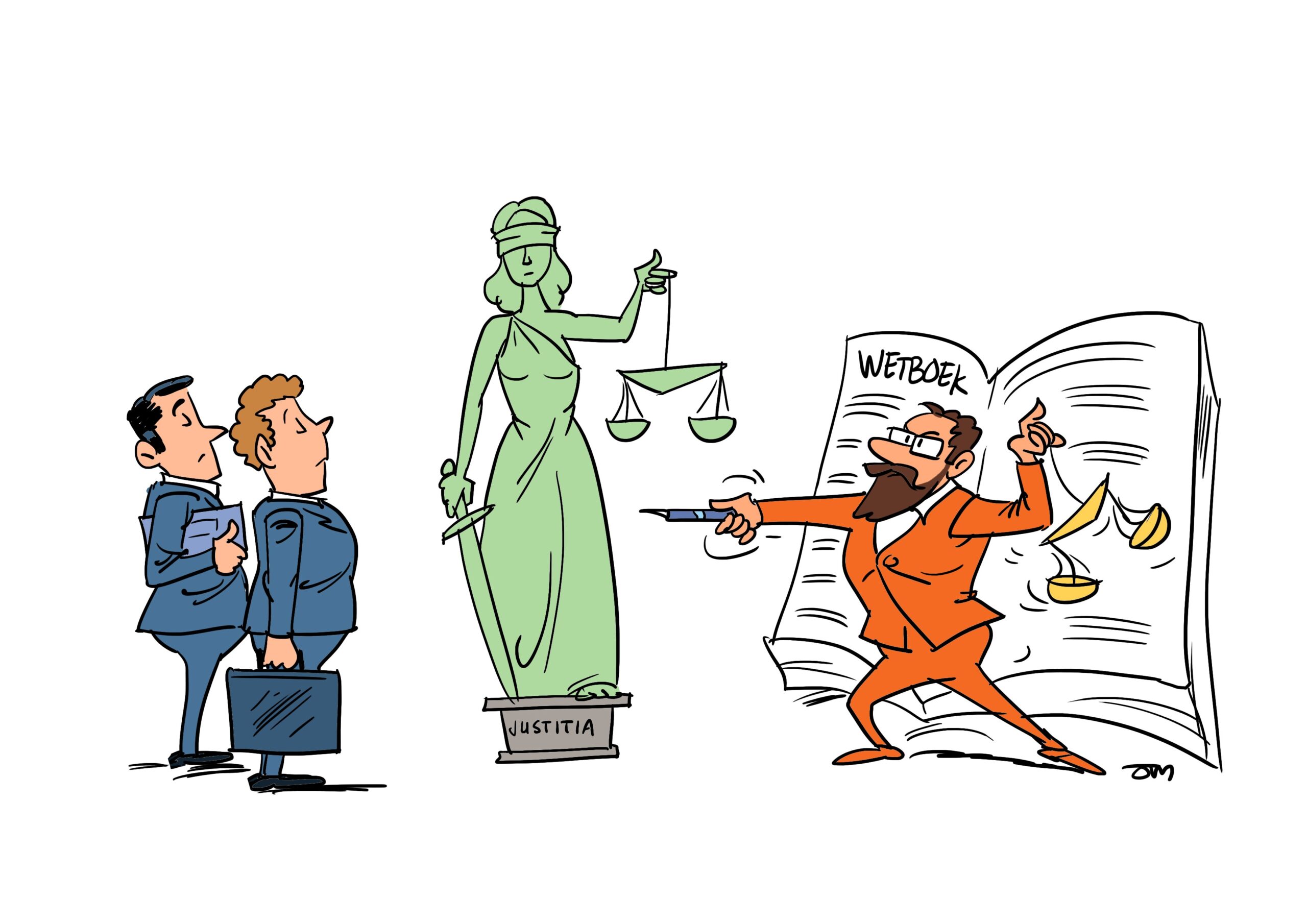You are an entrepreneur, you provided a service or sold goods, presented the client with the invoice and the client is not paying. Or even worse, the client went bankrupt before the invoice was paid. Can you easily debit the outstanding invoice? The answer is no.
The moment you send an invoice to the client VAT is due. The company receiving the invoice with VAT is very keen to reclaim the VAT, especially when the liquidity position is not good. A client that is not willing to pay can have claimed back the VAT, but it is not certain.
When you simply debit the sales invoice, the situation occurs that you reverse the sales invoice. The result is that you have not paid VAT over the sales amount, whereas the client can have reclaimed this amount of VAT. The VAT system is a closed system, that implies that the one entrepreneur pays the VAT, the other entrepreneur reclaims the VAT and the final customer, the private individual is actually paying the VAT.
In order to be able to debit the sales invoice you need to have done the very utmost to get the invoice being paid. You need to be able to proof what you have done. With the aforementioned proof you can request the tax office to credit you for the amount of the concerning paid VAT.
Please note that if you are not paid the turnover due to a discount you provided, then you can only provide the lower invoice amount in the VAT return if you have actually issued an invoice for the invoice amount including discount. With discounts for cash payments this is not always the case.




